Years & Years’ Olly Alexander: ‘There’s entrenched homophobia at all levels of the music industry’
The frontman speaks to Brian O’Flynn about the importance of queer voices, the decline of pop music and how he keeps his mental health struggles in check
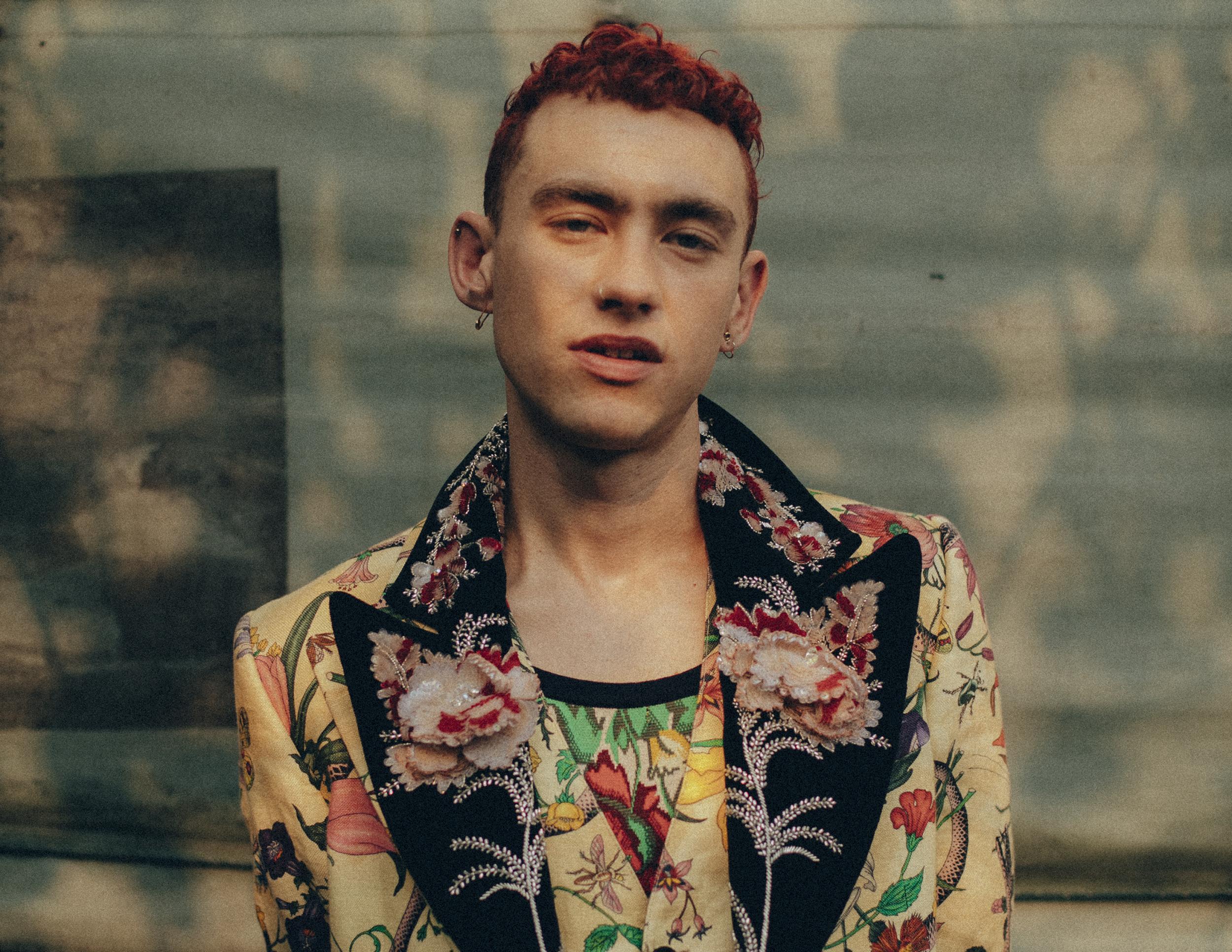
Your support helps us to tell the story
From reproductive rights to climate change to Big Tech, The Independent is on the ground when the story is developing. Whether it's investigating the financials of Elon Musk's pro-Trump PAC or producing our latest documentary, 'The A Word', which shines a light on the American women fighting for reproductive rights, we know how important it is to parse out the facts from the messaging.
At such a critical moment in US history, we need reporters on the ground. Your donation allows us to keep sending journalists to speak to both sides of the story.
The Independent is trusted by Americans across the entire political spectrum. And unlike many other quality news outlets, we choose not to lock Americans out of our reporting and analysis with paywalls. We believe quality journalism should be available to everyone, paid for by those who can afford it.
Your support makes all the difference.The past couple of years have seen queer pop acts climb their way up the cultural ladder. Artists such as Christine and the Queens, Hayley Kiyoko, Janelle Monae, Troye Sivan and Sam Smith are all pouring their sexuality into their music – by and large to critical acclaim. One of the most prominent members of this new queer cohort is Olly Alexander, frontman of British synthpop band Years & Years. But for him, there’s still a long way to go.
“There’s entrenched homophobia behind the scenes at all levels of the music industry,” says the 28-year-old. “It’s got so much better, but I think it’s gonna take a radical shift before these men who are in control of the funds and the labels and the radio stations are gonna be OK with overt queerness. They see it as turning off part of the audience.”
Years & Years, who play London’s O2 Arena today, came out in a big way in 2015. After being named BBC Sound of 2015 in January, the three-piece secured their first number one single a couple of months later, before topping the album charts that July with their debut record, Communion. Musically, they skilfully tapped into the then-zeitgeist for soulful pop-house.
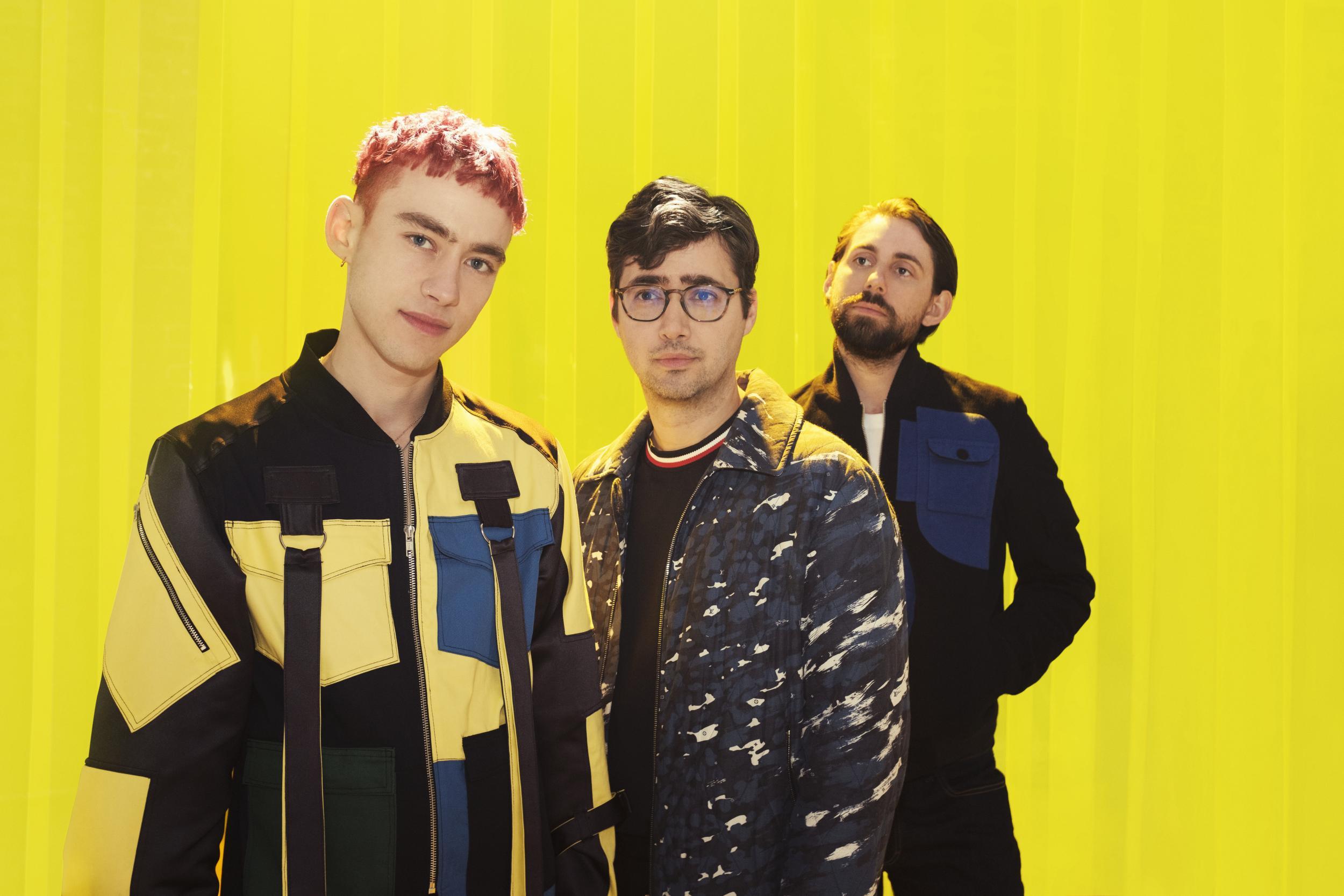
By this point, Alexander was already a fairly familiar face, having appeared as an actor in the Channel 4 drama Skins, as well as Gaspar Noé’s Enter the Void and Laura Wade’s The Riot Club. He was always out, but his lyricism at the time was more cloaked than it is these days, his hair a demure brown and his body wrapped in unassuming boy-next-door T-shirts. Three years later, you’d scarcely recognise him touring second album Palo Santo. His hair now a fiery red inspired by Rihanna – whom he recently met on The Graham Norton Show – Alexander bounces out on stages in glittery bodysuits and high-fashion ensembles while singing about BDSM and breaking up with boyfriends.
“There were a lot of people who were uncomfortable with how overtly sexual this album was,” says Alexander. “When we did our show for the first time we had a few comments that it wasn’t family friendly. I reject that completely.”
Though their recent single “If You’re Over Me” climbed to number six, Years & Years’ second, more unambiguously gay record hasn’t quite matched the chart-topping success of Communion, where the lyrics and visuals were more neutral. Christine and the Queens, too, has experienced a drop-off in mainstream chart success with her second album, itself more gender non-conforming in its aesthetic. Given what Alexander says about the music industry, is it possible that the wider public is still less comfortable with explicit queerness than we’d like to believe, for all the recent renaissance of the LGBT+ pop scene?
“The music industry has changed so much,” he argues, “and audiences have changed the way they listen to music, so across the board many artists haven’t been able to replicate the success they had a few years ago. Pop music is very trend-driven as well, and it’s very focused on hip hop now – look at Drake in the US. So, ‘pop pop’ music is definitely on the wane.”
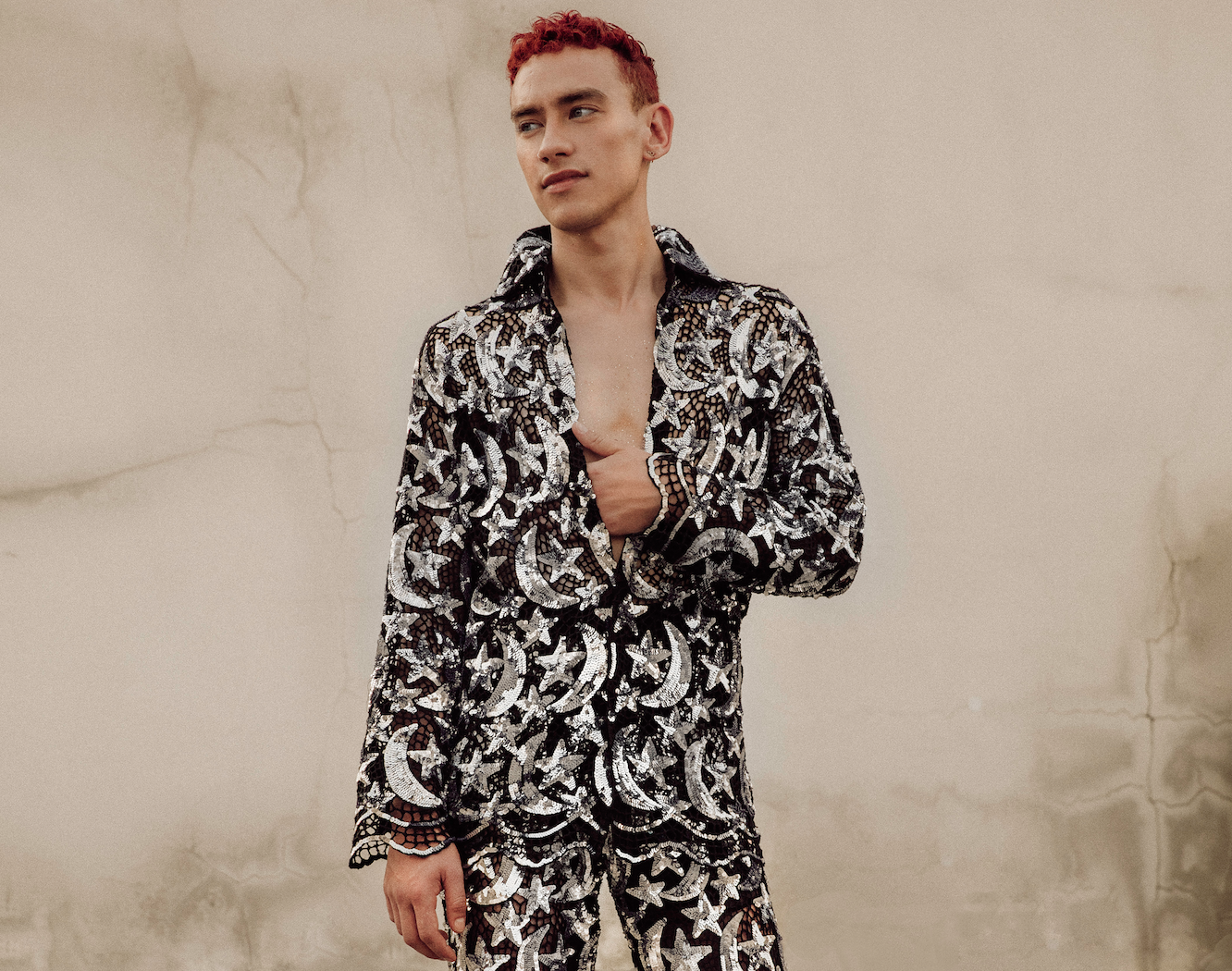
“Pop pop music” is undoubtedly what Years & Years represent. Their synth-heavy, swooping sound feels like it belongs in a queer cathedral, like layered gay organ music, their lyrics riffing off this religious association in songs such as “Worship” and “Sanctify”. If there’s a church Alexander is genuflecting at it’s that of Britney Spears, and Nineties pop-R&B courses, quite clearly, through his blood.
The nervous, handwringing ebullience Alexander exudes when talking about Britney or Rihanna never fully leaves him. He’s restless and fastidiously polite, saying “aw, thank you” to any remotely positive comment and constantly apologising for himself (“Oh no, I’ve explained that so badly,” he often says). A lot of discussion around him is excitable and feverish, too, given what he represents for so many young gay people.
Just as Alexander has elevated the queerness in his work, so too he’s become a leading spokesperson for the wider LGBTQ+ community. He has used his TV appearances to protest homophobic laws in Poland, and patiently guided just about every interviewer and presenter in the global media through gay politics and identity. He also presented a BBC documentary on gay mental health, after a good deal of dark firsthand experience.
He says he still needs to be “militant” about his own daily routines to keep himself together. “I know it sounds so obvious, but I didn’t eat three meals a day for a very long period of my life so I have to make sure I do it now,” he says with a laugh. He’s mostly happy these days, though still struggles from time to time: “I had two weeks earlier this month where I just felt really low and it really freaked me out, actually. Whenever I start to feel a bit low, I think I overreact because I’m scared I’m going to retreat into this hellish black hole I used to be in as a teenager.”
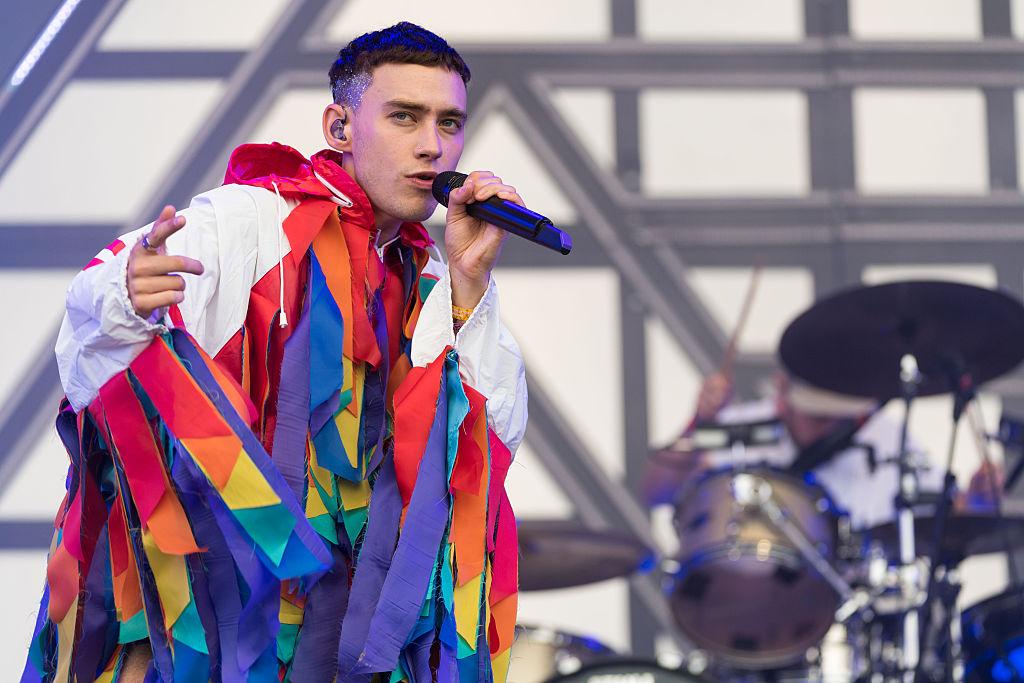
We needn’t worry, though – he has routines in place now to keep him balanced: “I sing in the mornings and count my blessings like Cinderella!” Though Alexander projects this kind of warm, smiley enthusiasm, my main impression of him is one of measured realism. He coolly and carefully unpicks the state of queerness, queer pop, and his place in it all.
“I think the reason I’ve been so committed to advocacy is because I see so many people in pain,” he says. “We’re seeing a lot of infiltration of mainstream spaces which is super exciting and positive but... I don’t know if I’d call it a tipping point.
“I just don’t know if the perception of that ‘successful’ queer pop narrative is reflected in the realities of people’s lives,” he continues. “A lot of the fans who message me are really suffering. I really do worry there isn’t enough being done to help – enough provision in place.”
In the rush to celebrate the sense of joy and freedom that’s come along with figures such as Alexander, Troye Sivan and Sam Smith, we perhaps overlook how much work is still left to be done. This burden never seems to be far from Alexander’s mind: even as he works to project his own queerness, he worries about who he’s talking over. “There’s a glaring similarity between us,” he says of fellow stars Sivan and Smith. “It would be outrageous to say we haven’t benefited from whiteness. I always go around in my head like, ‘Am I just continuing to enable that system, am I just creating more problematic shit by taking up space as a gay man?’”
“It’s upsetting to see how poor the representation of such a diverse community is,” he continues. “It’s still the same people being asked to speak on things. Sometimes I’m like, ‘Can’t we have someone else’? But then at the same time, I’m like, ‘Well, if they’re asking me to speak I’d better say something!’”
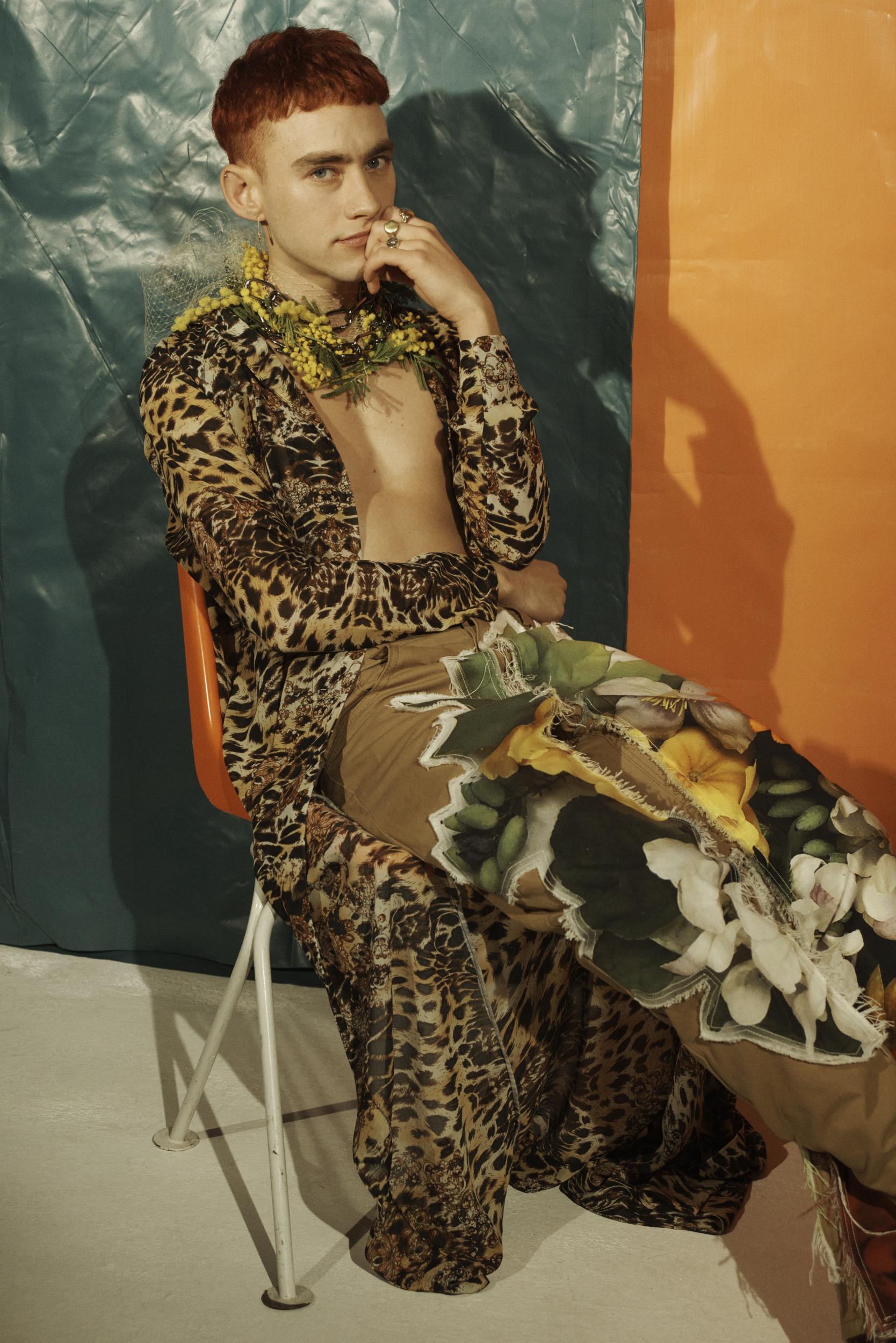
Alexander isn’t content to just throw his hands up in the air, though. It seems he’s found a way to kill two birds with one stone; to make more provision for young gay people, and hand some of his speaking time over to those who are less represented. His next big project is his plan to create a queer festival called Rendez-Vous.
“It came from wanting to create an inspirational network for queer people,” he says. Their shows in London will be a trial run of sorts, a precursor to something bigger in the future. Trans icon Munroe Bergdorf will compere, there will be sexual health information stands and gender neutral bathrooms. “Hopefully it will eventually become a festival,” he says. “It’s basically about giving the stage over to amazing talent. I haven’t really experienced that anywhere yet.”
The London show will feature fast-rising pansexual popstar Rina Sawayama, and he reels off a list of acts he wants to see there in the future. Primarily, he wants to empower marginalised voices and share his platform, to leverage some of his accumulated influence on to those less heard. “We have a unique opportunity to introduce Years & Years audiences, who aren’t all queer, to some acts they wouldn’t come across in their usual Spotify playlists. And I want there to be queer thinkers giving speeches, and a place where you can get tested, have it be community focused. Giving back to the community is something that I care about,” he concludes. “Oh god, I’ve explained it really badly,“ he apologises yet again, though he hasn’t at all.
As LGBT and female acts tend to be sidelined in mainstream festivals, and straight men still dominate the industry, this is an exciting and novel prospect. You can’t be pushed out if you own the space, right?
In the meantime, Alexander’s off to make sure he gets some food before his show tonight, when he’ll get a different kind of nourishment. “You know when you’re playing a video game and Mario needs to eat mushrooms to get big and stay alive? Playing shows to queer people, it kind of feels like that,” he says. “It restores my energy.”
Years & Years are currently touring the UK
Join our commenting forum
Join thought-provoking conversations, follow other Independent readers and see their replies
Comments